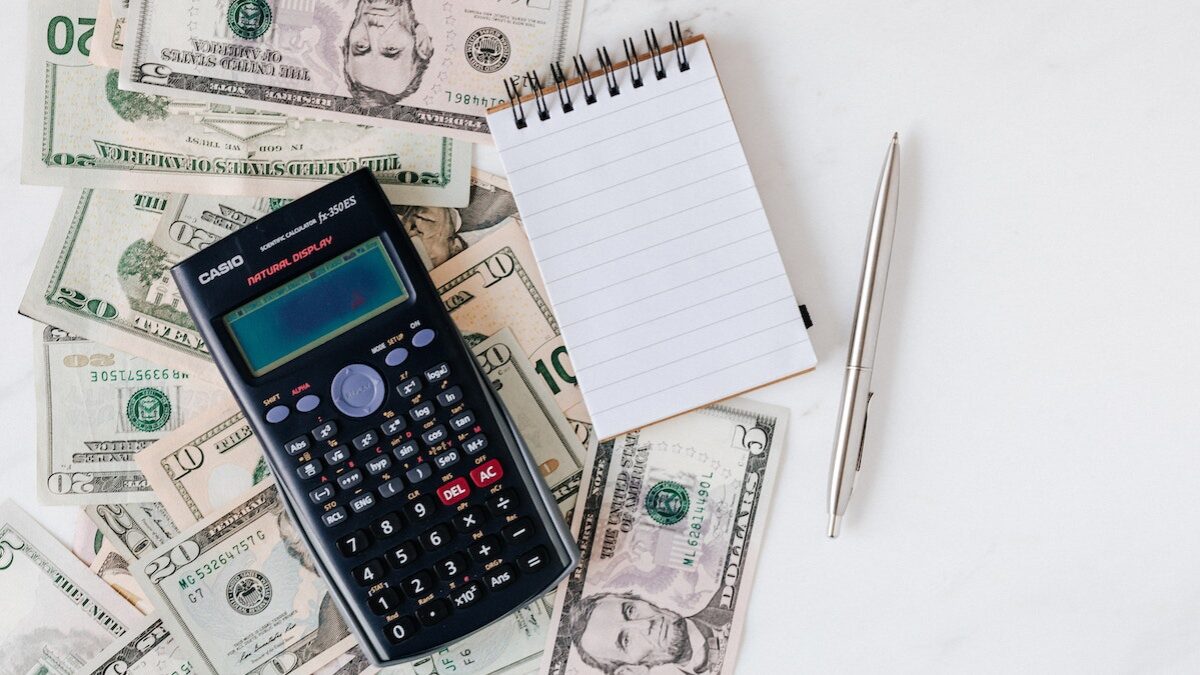The Washington Post wants you and every other American concerned about the recession, record-high inflation, and a crashing stock market to put on a brave face and pretend there’s an upside to this economic chaos.
That’s why the corporate media outlet guilty of regularly spewing pro-Democrat propaganda published a column ordering Americans to see the bright side of the economic conditions that have become the main source of their frustration over the last year.
“Hey, a recession isn’t all bad news,” Washington Post columnist Michelle Singletary said in her article “7 ways a recession could be good for you financially.” “Here are seven silver linings,” she added.
Keep in mind that The Washington Post was one of the many corporate media outlets that, after back-to-back negative quarters, denied that the U.S. had entered a recession.
Mere months later, WaPo is not only quietly conceding that the nation is experiencing a severe economic downturn, but is also telling Americans to be optimistic about the dire economic circumstances that come with a recession.
“I have to say this because, as Roosevelt pointed out, fear itself can lead to actions that worsen your finances. While many people are hurting, there may be ways to cushion the downside,” Singletary wrote.
The newspaper was rightfully torched by angry Americans for pretending everything is fine, but that public backlash alone isn’t enough. Here is a dissection of The Washington Post’s recession deceptions one by one.
Deception #1: Housing Prices Are Down
Singletary says the recession might bring housing prices “down to reasonable levels.” She acknowledges that means “mortgage rates are higher” but claims those are not a problem since “sellers in many markets will have to lower their asking prices so that buyers can qualify for the loans.”
That’s assuming, of course, that potential home buyers can afford anything other than astronomically priced items at the grocery store. Thanks to tight finances and a reluctance to sacrifice a thorough home inspection, buyers in real estate hotspots across the country are already backing out of contracts.
Deception #2: Savings Rates Are Up
“At least one bright side of the Federal Reserve raising rates to fight inflation is banks are paying people more to hold their money,” Singletary wrote. “My credit union has a special 20-month offer on a certificate that would pay me a 3 percent annual percentage yield.”
Well good for you, but to be frank, nearly 46 percent of Americans say they are saving less than usual right now. After paying more than $3 per gallon gas to fill up their cars, higher prices to feed their families, and forking over extra cash to cover ever-climbing energy bills, working Americans likely don’t have many leftover funds to stash anymore.
In fact, some Americans aren’t saving at all. At least 29 percent of Americans confess they are being forced to dip into their savings accounts to cover essential, day-to-day costs.
Deception #3: I Bonds Inflation Rate Might Go Even Higher
Singletary says buying federally-controlled inflation bonds could be good since the bonds are paying out a whopping 9.62 percent. Those rates, however, aren’t going to last. The Treasury, which controls the bonds, has already announced plans to introduce a new, variable rate next month.
Yes, I bonds are designed to minimize the damaging effect of inflation even at a lower rate, but what happens when Americans can’t spare the money to buy those bonds because they’re barely getting by paying for much more urgent daily needs? After all, money invested in an I bond is tied up there for at least one year to allow for maturation.
Deception #4: The Dollar Is King
“Although a lot is in flux, if you have plans to travel overseas, your dollar may go a lot further. This week, the British pound fell to an all-time low against the dollar,” Singletary suggests.
This is quite possibly the most out-of-touch recommendation on Singletary’s list. How on Earth could Americans, who are spending an extra $717 a month just to stay afloat, afford an expensive overseas vacation right now?
Simply put: They can’t. The only planning many Americans are doing right now is planning to cut back on holiday spending and planning to look for extra work to cover their bloated bills.
Deception #5: Unemployment Is Still Relatively Low
Looks like someone has been reading the White House talking points again. Just because unemployment is “down” following a government-induced lockdown and subsequent reopening of the country doesn’t mean the labor market is strong. Record numbers of people left their jobs last year after multiple rounds of so-called stimulus checks.
Deception #6: Your Used Car Is Worth More
“If you’re looking to upgrade to a newer car, and your car is in fairly good condition, you’ll get more for your trade-in,” Singletary says.
Sure, your used car might sell for more right now. But unless you have multiple vehicles or plan to take public transportation, you’re likely not going to render yourself carless only to turn around and have to buy another marked-up vehicle. Even Singletary admits that “new car prices were up 10 percent from a year ago.”
Severely lacking from this car conversation is also the fact that it costs Americans an average of $3.78 per gallon to keep their vehicles gassed up and ready to go.
Deception #7: Student Loan Forgiveness Will Save You
Singletary boasted President Joe Biden’s student loan bailout as a good thing for Americans struggling with finances. The problem is that those debts will now be transferred to the taxpayers who will have to deal with the bailout’s inflationary results.
Not to mention that most borrowers already weren’t paying on their loans, which means they won’t be getting the economic break Singletary says they will.
The only thing that’s clear after reading Singletary’s column is that you shouldn’t get your financial advice from a publication that spends its days spinning for the president — who not only exacerbated but largely created our current economic crisis.









